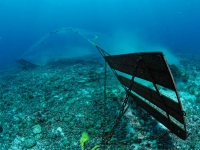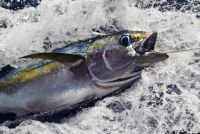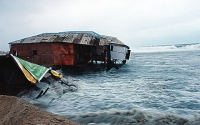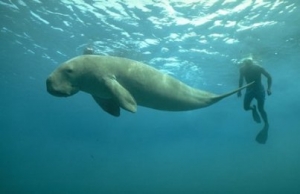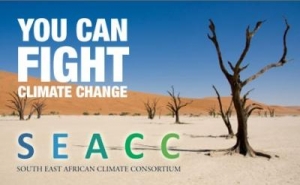Calling all young artists, sculptors, crafters. Be inspired & imaginitive, create something beautiful out of junk found along our canals, streams and beaches.
A recent Green Times article focuses on Dr Sylvia Earle, one of the most famous marine biologists in the world who in her lifetime has spent more time underwater than just about anyone else on the planet.
The monitoring of tuna fisheries must be strengthened and transfers of fish at sea banned to end the overfishing crisis in the Indian Ocean, Greenpeace International said earlier this month after it again found illegal fishing operations in the region.
In a letter addressed to UN Secretary-General Ban Ki-moon, environmental lobby group Swakopmund Matters drew his attention to the possibility of a phosphate mine opening on the Namibian coast, and the threat to marine life this mine would pose.
Oceans make up 99% of the Earth's living space. Since South Africa is surrounded by two of the world’s five oceans, National Marine Week should be a significant celebration of these seascapes, and the economic, tourism, and biodiversity services provided by them.
Four people, including a six-year-old girl, have been confirmed dead after the Atlantic Ocean charged into Lagos, Nigeria's Kuramo beach on Saturday.
On its travels through South Africa the Climate Train has been creating unique spaces for community members - notables and ordinary people alike- to engage in meaningful discussions around climate change and the lively Pretoria was certainly no exception.
Oceans cover 70% of the Earth€™s surface, yet less than 1% of these critical systems are under any form of legal protection. The Convention on Biological Diversity€™s (CBD) third edition of Global Biodiversity Outlook (GBO-3) indicates that the world€™s marine ecosystems are in peril.
Millions of people living along the coast and elsewhere in rural Africa are dependent upon natural resources from which they harvest unsustainably. Some coastal communities are amongst the poorest in the world and are extremely vulnerable to the potential negative effects of climate change. They have no choice but to continue to use the diminishing resources upon which they depend, or face starvation.
'The maximum potential from the world's oceans ... has probably been reached.€ So reads the FAO World Fisheries Report for 2008. 76% of the world's ocean fish stocks, including South African line fish, are exploited at or above sustainable levels.








